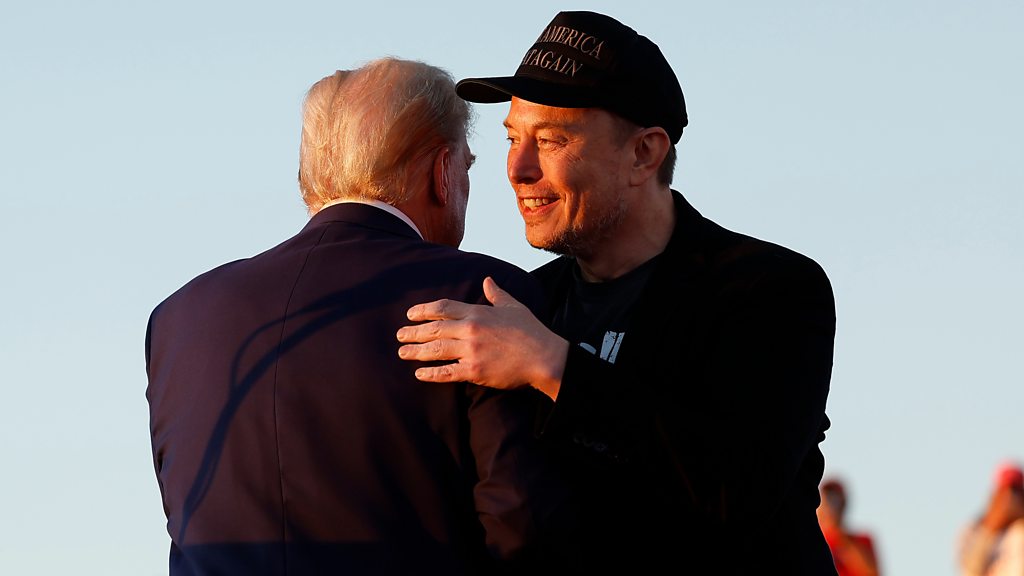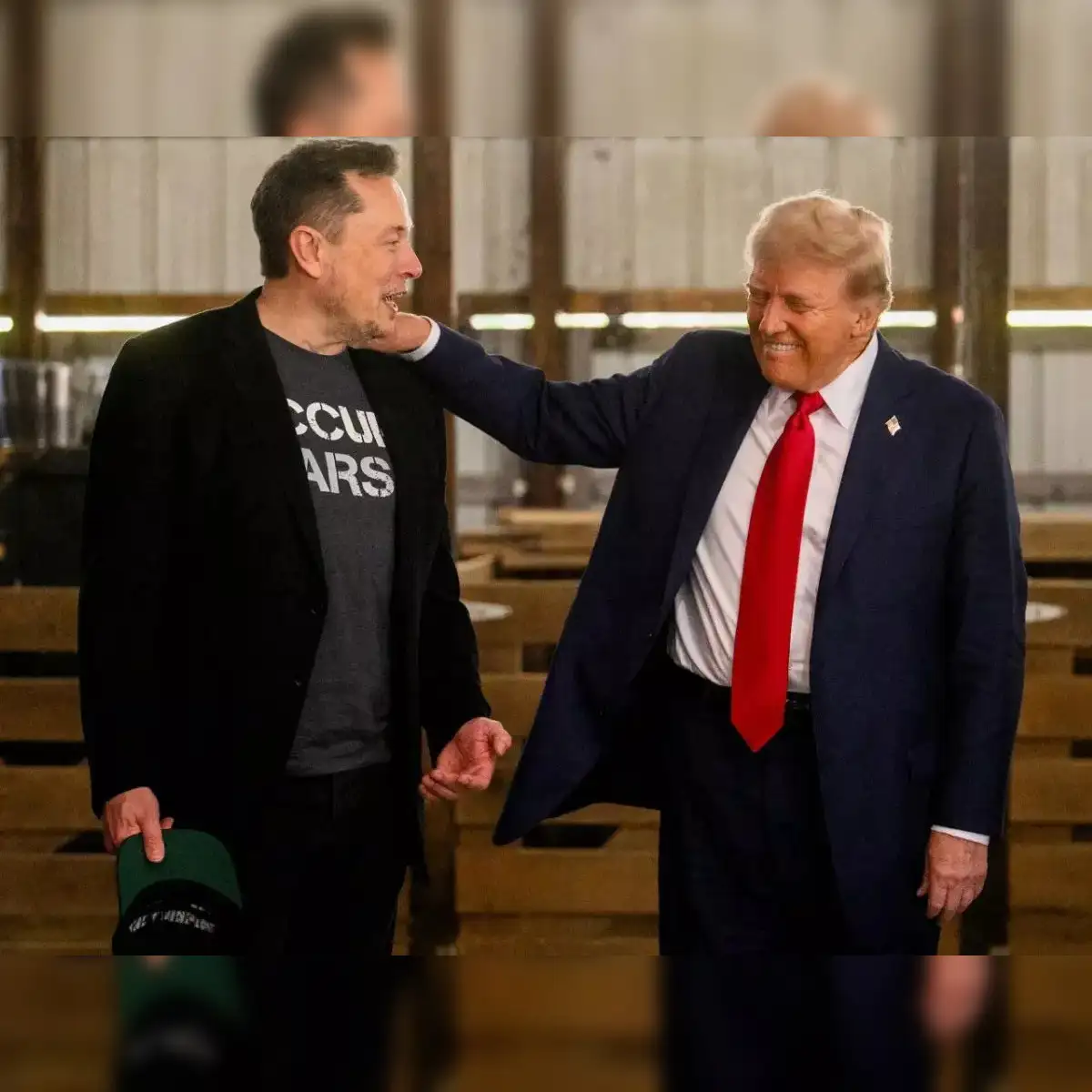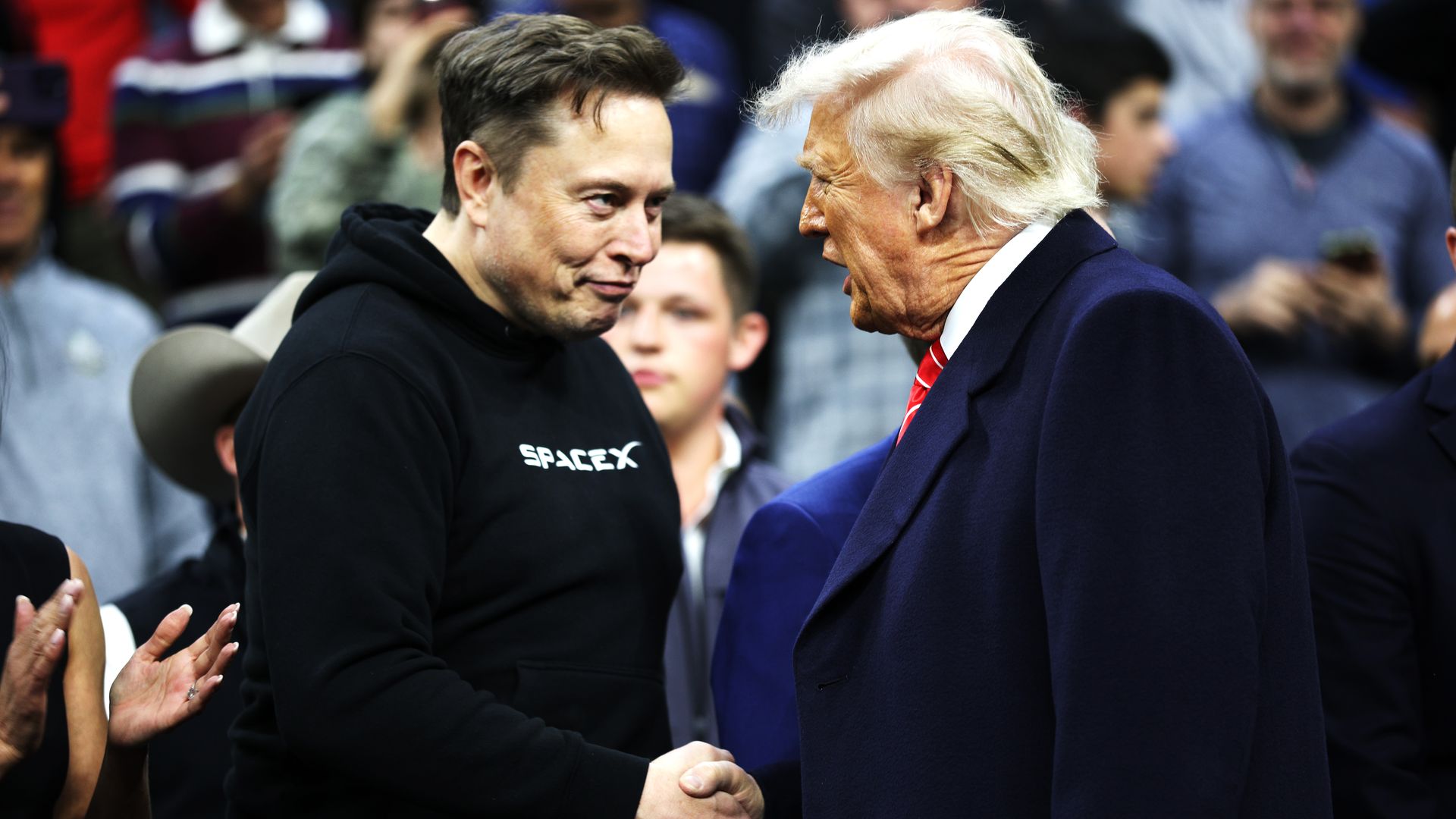For years, Elon Musk and Donald Trump shared an unusual but unmistakable alignment—two powerful figures unafraid to challenge political correctness, dominate headlines, and shift public discourse. Their occasional public praise of each other suggested a mutual respect, if not a strategic alliance. But recently, the dynamic between the Tesla CEO and the former president has taken a sharp and increasingly public turn toward distance—even disapproval.

What began as a cautious camaraderie has now morphed into something resembling a political breakup.
A Relationship Built on Influence and Disruption
Musk and Trump were never traditional allies, but they shared several traits that made them natural media magnets: boldness, unpredictability, and a disdain for institutional gatekeeping. Musk, the self-declared “free speech absolutist,” and Trump, known for breaking political norms, both built loyal followings among those who feel disillusioned with mainstream systems—be they political or technological.

Trump once appointed Musk to his business advisory council in 2016, only for Musk to resign in 2017 over disagreements with Trump’s withdrawal from the Paris climate accord. Still, over the years, the two remained on the periphery of one another’s orbits, occasionally aligning on themes like deregulation, innovation, and distrust of media narratives.
Cracks Begin to Show
Tensions became more visible when Musk began to criticize Trump’s political return, particularly after the January 6 Capitol riot and the controversies surrounding Trump’s ongoing legal battles. While Musk has allowed Trump back on X (formerly Twitter), after acquiring the platform and removing many content restrictions, he’s been careful not to publicly endorse him.

In fact, Musk has repeatedly signaled discomfort with both leading U.S. political parties and recently amplified calls for alternative candidates and third-party support. His vocal interest in backing a centrist, technocratic approach to governance appears to diverge from Trump’s populist messaging.
When asked if he would support Trump in 2024, Musk has responded vaguely or deflected entirely—indicating that his interests may lie elsewhere.
Trump Fires Back
Donald Trump, never one to ignore criticism, has responded in kind. During recent rallies, he has taken jabs at Musk, suggesting the billionaire is disloyal or indecisive. In true Trump fashion, these comments oscillate between playful and pointed—but they reinforce that the warm tone between the two has clearly cooled.
According to reports from insiders close to both camps, there have been no direct conversations between Musk and Trump in recent months. Musk, meanwhile, has been meeting with a wide range of political figures across the spectrum, signaling his intention to remain independent—and influential—in shaping public dialogue.

Implications Beyond Personality
The fading relationship between Musk and Trump reflects a larger shift occurring in American culture and politics. As the lines between business, media, and ideology blur, influential figures like Musk are increasingly being drawn into political debates—not just as observers, but as actors with real influence.
Musk’s decisions on the X platform, especially regarding content moderation, political advertising, and reinstatement of banned users (including Trump), carry significant weight in shaping public opinion. Trump’s base, in turn, watches closely for signs of support or opposition from influential figures like Musk.
Their divergence may indicate a broader fragmentation of what was once a loosely connected coalition of anti-establishment voices. It also underscores how even billionaires with aligned pasts can find themselves on opposite ends of the cultural moment.
Where Things Stand Now
For now, Elon Musk and Donald Trump appear to be walking separate paths—Musk toward tech-centric centrism, and Trump toward a reenergized campaign rooted in grievance and populism. Whether their break is permanent remains to be seen, but the signals are clear: the mutual admiration has faded, replaced by skepticism, guarded remarks, and competing visions of America’s future.
What was once a powerful if unconventional connection has dissolved quietly—but with unmistakable consequence.
Main Source:
Compiled from public statements, interviews, and reporting by The New York Times, Reuters, and Politico.
